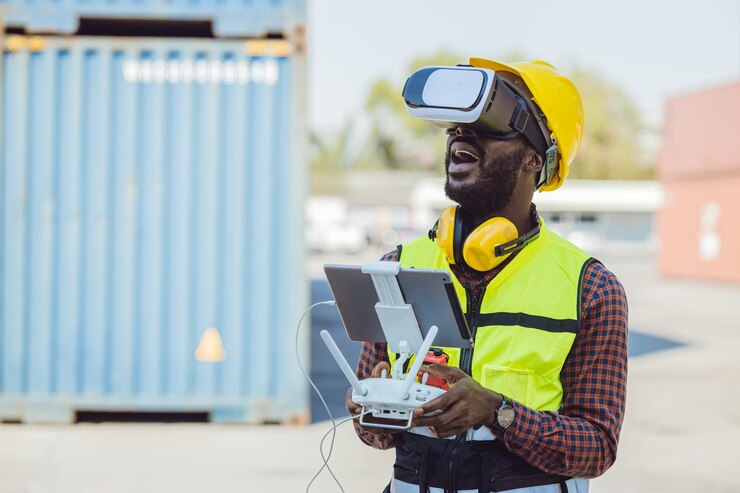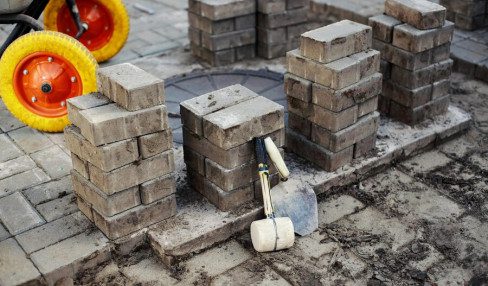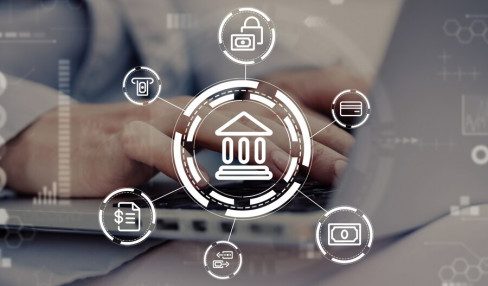Major Real Estate Tech Trends to Watch Out For
4 Mins Read
Published on: 08 June 2022
Last Updated on: 09 September 2024

toc impalement
Real estate is awakening from a long period of traditionalism to embrace technological advancements and emerging innovations.
Soon, the days of inaccessible MLS listings, inconvenient home showings, complex and opaque paperwork, and risky pre-qualifications may pass.
The union between real estate technology benefits everyone: sellers, buyers, real estate practitioners, investors, and property managers. Whatever your relationship with real estate, there’s a tech solution to make your life easier.
5 Major Real Estate Tech Trends Of 2022
The real estate tech companies are now taking the initiative. As a result, the real estate tech trends of 2022 are unique.
And most of the real estate companies are taking their help from inspections to the budget determinations everywhere you will see the growing real estate tech trends.
Below, you’ll find five of the most exciting real estate tech trends to watch out for.
1. Drones, AR, And VR

Some practitioners already leverage augmented reality, virtual reality, and drone footage in their marketing, but you can expect the practice to pick up steam in the next decade.
For inspecting any property, the technical use is such a clever revolution. Sometimes the human eyes can miss the perfect spot. But the drones can not miss out on the spots. You can even keep the video recording for future use.
One of the real estate tech VR technologies allows sellers to reach a wider audience of remote viewers. At the same time, augmented reality enables buyers to envision a use for space – populating an unstaged home with digital furniture and artwork.
Drones, meanwhile, allow sellers to present accurate photos of their property, contextualized by nearby amenities and green space.
2. Digital Marketplaces
“We are witnessing an industry-wide acceptance of new technologies,” says Regan McGee, founder and CEO of Nobul. “ in respect to the perspectives of the homebuyers who are also looking for a competitive benefit for finding their houses – finding the right agent is an essential part of that.”
McGee’s Nobul is a digital marketplace that matches real estate consumers with agents. But it’s not your average lead generation site – this one places the consumer at the seat of power.
Consumers enter a list of criteria and expectations (including commission rates and fees), and real estate agents compete for their business with the help of real estate tech.
3. AI-Supported Pre-Qualification

In that same interview, McGee was asked how he believed transactions with the help of tech real estate would change in the next decade or two. “We all see how the further use of technology like drones and other virtual tours, along with the AI-supported bots, can help the qualified buyers.
Those first two real estate tech ideas are already firmly entrenched in the real estate industry (see above), while the third – AI-supported pre-qualification – is still in its nascent stages.
Conventional pre-qualification has long been considered a necessary risk for sellers and buyers, but Artificial Intelligence may lead to more accurate, data-supported pre-qualification.
4. Smart Contracts
Smart contracts are real estate tech blockchain-enabled programs that function like immediate, ironclad, and tamperproof agreements.
Now digital contact is also available. You no longer have to visit the seller’s place and sign the agreements. Instead, from any distance, you can go with digital contracts.
Proponents of smart contracts say the technology will help consumers remove the cost of intermediaries and speed up the transaction process.
The technology is still relatively new. As this Harvard Law research indicates, “as more of the assets are tokenized and go through the chain procedures through smart contracts, they will become increasingly complex and capable of handling sophisticated transactions.”
5. Digital Twins And Property Management

A real estate tech digital twin is basically a virtual model designed to replicate and represent a physical space or object.
It’s closely associated with the Internet of Things (IoT), smart devices linked to a common network. In the context of property management, digital twins are a fantastic opportunity to deliver more attentive, efficient, and cost-effective service.
Deloitte even predicts that Self-maintaining facilitated buildings will become more commonplace. As for the digital twins, who can also predict when something is going to fail.
Just book a contractor or engineer, and then direct them to the asset to be fixed. The specifications and historical information generate an invoice after the job completion.
Conclusion:
Expect to see even more innovations as thought leaders and innovators continue to find areas ripe for disruption and improvement. The real estate tech is just like fresh Bizz in the business terms and the conditions.
Many times ago, the buyers were taking a look at the property first physically. Then they go for the business agreements. But now, this is an old concept. No one has to see the property. Everyone can see the property online and sign the contracts.
Read Also:


















Comments Are Closed For This Article